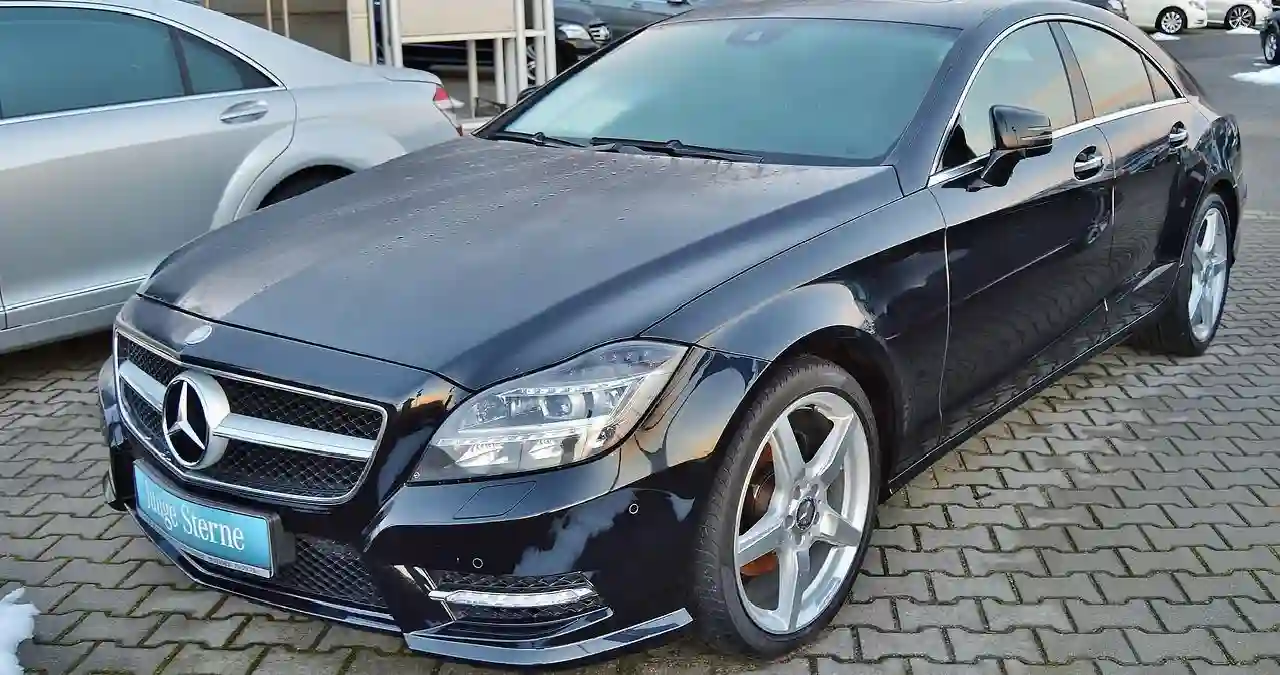Do you know that there were 13.6 million new light-duty cars sold in 2022? This also real that there are 39 million cars are use. It is exciting to buy a car. But you need to remember that it is also important not to let the high of ownership surpass safety concerns.
It’s good to buy a car and experience the best of your travel. But before choosing a car, ensure how you will maintain it. In this busy world, car accidents are becoming a daily routine on every route, right? So, before buying a new or used car, save these 5 things about car accidents. These tips may be helpful for you in the future.
Table of Contents
A Car’s Safety Ratings Matter
According to 2011 research, there were 39,508 fatal accidents. One of the most important things to think about when buying a car is the vehicle’s safety ratings. Usually, cars are rated on crash tests that calculate how well they protect occupants in frontal, side, and rollover crashes. The NHTSA and IIHS both work on these tests and issue overall safety scores.
High safety rating cars are better at protecting passengers in the event of an accident. They have high security features like airbags, anti-lock brakes, and electronic stability control. So, before purchasing, you need to be sure to research safety scores.
Here are some examples of cars with the best safety ratings in 2025:
- Small car – Acura Integra
- Midsized car – Honda Accord
- Large luxury car – Genesis Electrified G80
- Small SUV – Genesis GV60
- Midsized SUV – Ford Explorer
Bigger and Heavier Vehicles Are Safer
You may notice onee thing in your life, that when an accident happens between two cars, the larger and heavier one will naturally hold up better than the smaller one. The larger one protects its occupants more than the smaller, lighter one, right? This is actually the myth that between a large and a small vehicle collision, the larger one can better absorb the energy than a smaller one. For example, heavy SUVs and trucks perform better instead of subcompact cars.
However, there is one more thing you need to consider – smaller vehicles usually handle and brake better than larger ones. Small cars allow more opportunity to avoid collisions. So, it doesn’t matter what the size and weight are. What matters is how it saves the occupant from accidents.
Drive the Safest Car You Can Afford
When buying a new car, you should not think about the cost. Because the more you spend, the more advanced safety features you can get.
To understand better, let’s have an example: high-end cars offer robust technology like automatic emergency braking, lane departure warning, blind spot monitoring, and rear cross traffic alerts. All of these features help prevent accidents.
However, many affordable cars offer high crash test ratings and come qualified with life-saving systems. These include electronic stability control and front airbags. So, if you have a low cost, you can still afford the safest car.
Maintain Safety After Purchase
Once you buy a car, don’t ignore safety. You need to strictly follow the maintenance guidelines. If any issues arise, such as replacing worn brakes, tires, and batteries, immediate recovery is required. Get all suggested repairs done right away. Make sure headlights, brake lights, turn signals, and windshield wipers are working perfectly. Don’t ignore recalls – they often address safety defects. Taking care of your car will help it take care of you.
Following a car accident, you might experience feelings of uncertainty and overwhelm, and wonder why hire a car accident lawyer.
If you’re unlucky enough to be in a crash despite following our tips, a lawyer will ensure you get the compensation you need to recoup your losses. It will also help you buy a new, safer car. While no car can prevent accidents, smart shopping allows you to minimize risks.

